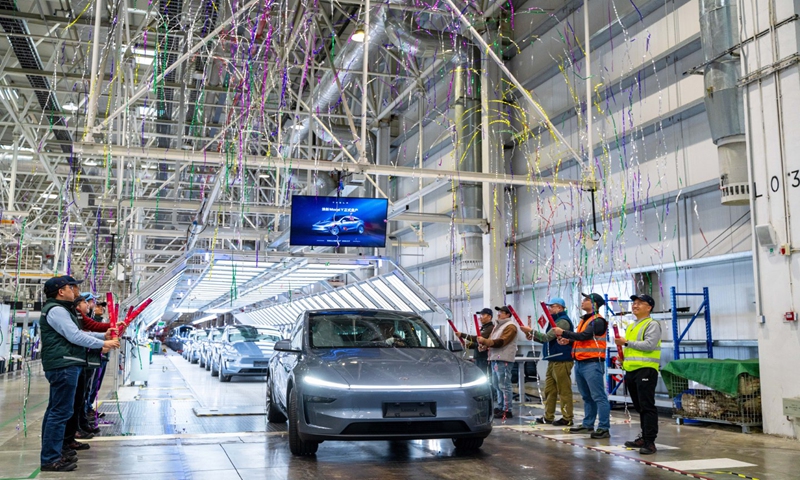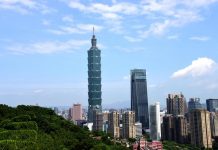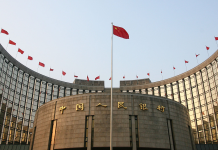BEIJING: US electric vehicle giant Tesla on Tuesday introduced the much-anticipated enhanced Autopilot feature for urban roads in China, joining a number of US companies that recently stepped up their moves in the world’s second-largest economy, reflecting that American companies are voting with their feet in prospects of the Chinese market amid the country’s continuous opening-up and huge market potential despite the Trump administration’s protectionist practices.
Tesla announced on Tuesday that it has begun rolling out software updates for Chinese Tesla car owners in stages, introducing an Autopilot feature for urban roads, which is said to enhance the existing Navigate on Autopilot (NOA) driver-assistance system.
With the software updates, it will guide Tesla cars to exit ramps and intersections according to the navigation route. At intersections, the system recognizes traffic lights and can proceed straight, turn left or right, or make U-turns. It will also automatically change lanes according to the speed and the selected route. If no navigation route is set, it selects the optimal path based on real-time road conditions, according to the upgrade notifications. Tesla also confirmed with the Global Times about the updates.
The move highlights the company’s significant attention to the Chinese market which is at the forefront of the development of new-energy vehicles and intelligent driving technology, boasting a large consumer base and an advanced technological ecosystem, Zhang Xiang, director of the Digital Automotive International Cooperation Research Center of the World Digital Economy Forum, told the Global Times.
By promoting software updates, Tesla aims to maintain the competitiveness on the Chinese market and meet the growing demand from Chinese consumers for intelligent driving solutions, Zhang said. Tesla’s move coincides with multiple US firms actively reinforcing their Chinese market positions.
Apple launched an official account on the Chinese social media platform WeChat for developers on Tuesday. The account, named AppleDeveloperGC, will provide readers with the latest news, announcements, and event updates specifically for the Chinese developer community. The move came after Apple said on its official WeChat on Friday that Apple Intelligence will soon be available in more languages, including simplified Chinese in April.
A spokesperson from Starbucks told the Global Times on Tuesday that Starbucks is firmly optimistic about the vast potential of the Chinese market and stressed that employees in China are not included in Starbucks’ recent global workforce adjustment in response to media reports that Starbucks plans to lay off 1,100 corporate employees.
According to company data tracking platform Tianyancha, recently, Burger King (China) Investment Co has undergone business registration changes, with its registered capital increasing from approximately $310 million to approximately $410 million. The moves from these US firms show that they are willing to expand in the Chinese market, and are confident on its economic outlook and business environment. Expanding investment in China allows enterprises to gain substantial profits and enhance their global market status and reputation, Gao Lingyun, an expert at the Chinese Academy of Social Sciences in Beijing, told the Global Times on Tuesday.
On February 19, China issued an action plan to stabilize foreign investment in 2025. Per the plan, China will support pilot regions in implementing opening-up policies related to such areas as value-added telecommunication, biotechnology and wholly foreign-owned hospitals, providing whole-journey services for foreign-invested projects in these sectors. The country will continue expanding its pilot programs to open up fields such as telecommunication and medical services in a timely manner, the Xinhua News Agency reported. –The Daily Mail-Global Times news exchange item






